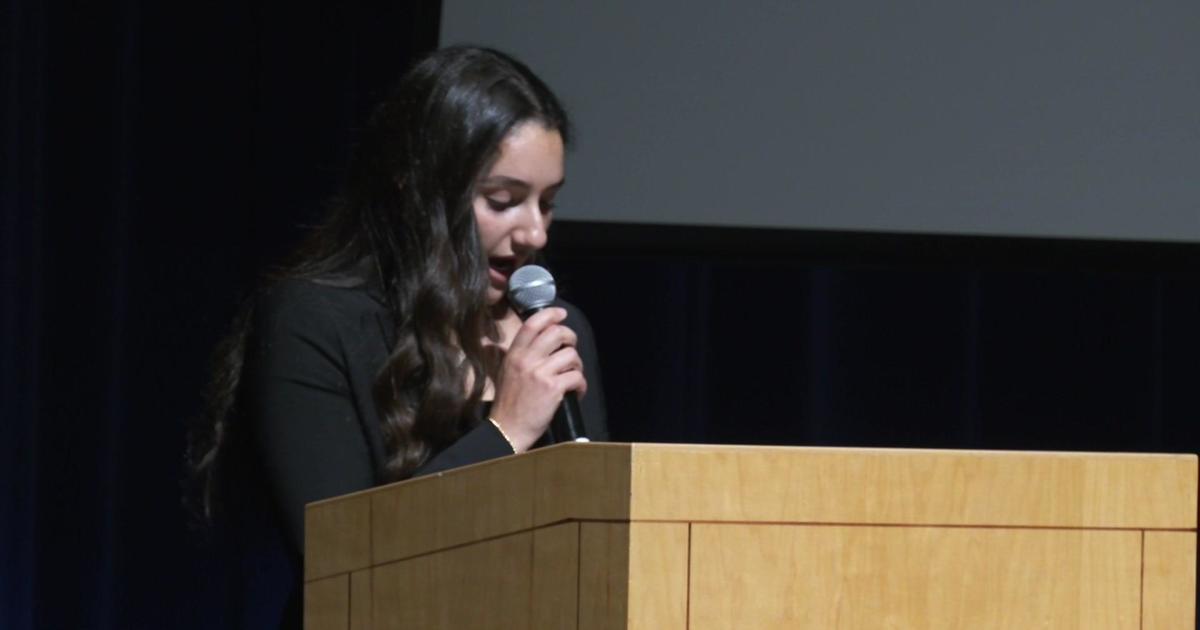Coronavirus In Minnesota: St. Thomas Academy Instructor Fills Need For Medical Face Shields Through 3D Printing
MENDOTA HEIGHTS, Minn. (WCCO) -- On a normal school day, instructor Mark Westlake would be helping his St. Thomas Academy students innovate and invent.
Instead, he's walking into an empty classroom that's been shuttered by a pandemic.
"It didn't take very long for us to see there was a need, " Westlake said.
He's referring to a critical need of personal protective equipment for medical workers. That's when Westlake and engineering colleague, Doug Scott in Massachusetts, grabbed their school's 3D printers and brought them home.
At the time not knowing the machines would be needed to fulfil a critical need.
Within days they decided to share a software file to program the printers to construct face shields for local hospitals, clinics and nursing homes.
"We knew we could make a difference if we could get more people involved so we said let's crowdsource. We knew there are 3D printers out there doing the same thing ours are doing - sitting dormant, " Westlake said.
Westlake and Scott tapped into a network of their colleagues and students who had access to their own 3D printers. Currently, Westlake figures there are 500 such printers across the country sharing the file and constructing shields.
Each day Mark walks up to a large bin outside the school. He is pleasantly surprised to find batch after batch of newly printed shields someone has placed there for distribution.
This grass roots effort continues to grow. For now the project is filling the gap until medical device suppliers can catch up and fill the need.
"I think we're well over 2,000 to 3,000 already distributed, " Westlake said.
Badly needed shields which are now in the hands of medical professionals on the front lines. And a grassroots effort that's lowering risk and saving lives.
"It gives people a way to fight back, " Westlake said. Perhaps, the greatest lesson the engineering teacher's ever taught.
Mark adds that local suppliers have been offering critically needed raw materials to help sustain the shield building effort.
For more information on the program, click here to send them an email.



